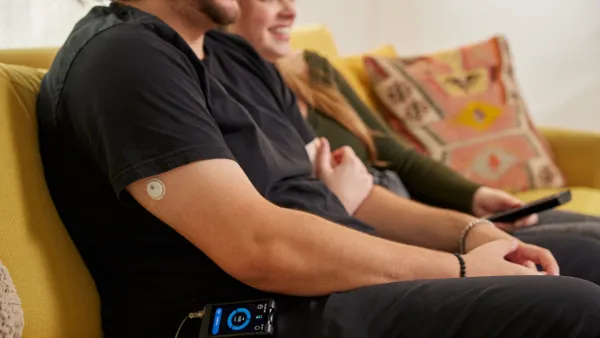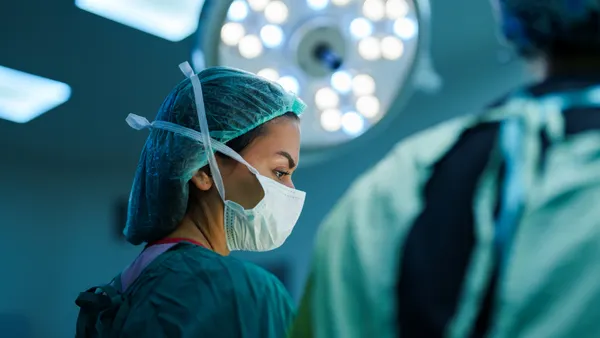Dive Brief:
- Abbott has received breakthrough device designation from the Food and Drug Administration for the use of its deep brain stimulation system in treatment-resistant depression.
- Traditionally, physicians have used DBS to treat movement disorders such as Parkinson’s disease but Abbott sees an opportunity to treat depression by placing electrodes in the parts of the brain that regulate mood.
- The breakthrough device designation builds on a series of clinical trials of other DBS systems in treatment-resistant depression, which have yielded mixed results but provided enough evidence of efficacy to support further research.
Dive Insight:
The 30% to 40% of patients with major depressive disorder who are failed by pharmacological treatments have limited options. Patients may try therapy or changing medications. Electroconvulsive therapy can improve outcomes but is associated with adverse events such as memory dysfunction, leading researchers to explore the use of DBS in treatment-resistant depression. Implanting electrodes in certain parts of the brain may enable modulation of neural activity related to mood.
The surgery involves implanting leads and electrodes in the brain, and separately, a pulse generator near the collarbone, according to the Cleveland Clinic. Recovery takes several weeks.
Abbott has identified treatment-resistant depression as an opportunity to expand use of its DBS system. Working with the FDA, the company will develop a plan for evaluating the safety and efficacy of the system in patients with depression. The breakthrough status will facilitate cooperation between Abbott and the agency.
Securing authorization to sell the DBS system for treatment-resistant depression would unlock a growth driver for a technology that competes with rival systems from Boston Scientific and Medtronic. The three companies have rolled out a series of products and accessories in recent years to differentiate their offerings but they all compete for the same movement disorder patients.
Abbott framed the treatment-resistant depression push as complementary to one of its earlier attempts to differentiate its system, which saw the company introduce a virtual clinic for its neuromodulation therapies. The company called the NeuroSphere Virtual Clinic an added benefit of its DBS system in a statement to disclose the FDA’s breakthrough designation.













